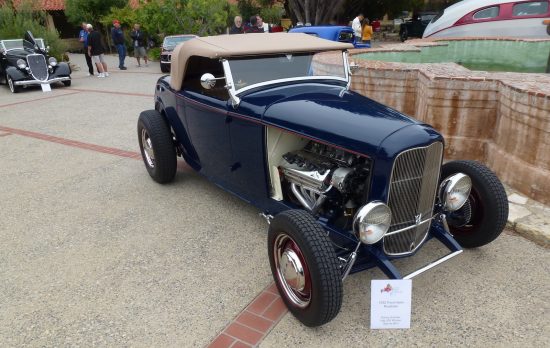Owning a classic car is a dream for many enthusiasts. The thrill of driving a piece of history often overshadows the financial realities that come with it.
Beyond the initial purchase price, classic cars bring ongoing costs that can quickly catch new owners by surprise. Understanding these expenses is essential to fully enjoy your car without constant financial stress.
Purchase Price vs. Reality
Buying a vintage car is rarely a one-and-done expense. A bargain-priced project may require thousands of dollars in restoration before it’s roadworthy.
Even pristine examples purchased at auction often come with hidden issues. Sellers may advertise “fully restored,” but many buyers discover underlying mechanical or cosmetic flaws.
Transporting a newly purchased classic is another factor that’s often overlooked. Working with experienced transporters like Nationwide United Auto Transport can help you budget accurately, as shipping costs, import duties, and specialized hauling can significantly increase the real purchase price.
Insurance and Licensing Costs
Unlike modern cars, classics require specialized insurance policies. These plans are usually based on agreed value rather than standard market value, which can raise premiums.
Many insurers also impose restrictions on how the car can be used. Driving limits, storage requirements, and annual mileage caps all play into the cost.
Licensing and registration fees can vary depending on the state. Some owners opt for historic or antique plates, but even those sometimes require inspections, appraisals, or additional paperwork.
Restoration and Maintenance
Restoration is one of the largest expenses for classic car owners. Rare or original parts are difficult to find, and prices rise every year as supplies diminish.
Owners who want authenticity often pay extra for OEM parts rather than aftermarket alternatives. For high-value vehicles, this attention to detail can make or break resale value.
Labor is another factor. Many mechanics won’t touch vintage vehicles, and those who specialize in them often charge premium rates. For owners who want to avoid costly surprises, it helps to learn what vehicle service contracts are as part of their planning.
Storage and Preservation Expenses
Proper storage is crucial for keeping a classic car in top condition. Indoor, climate-controlled garages protect against rust, fading, and mold.
Not every owner has access to private storage space. Renting a secure facility with climate control can cost hundreds per month, especially in larger cities.
Preservation also goes beyond simply parking the car indoors. Long-term care may include specialized covers, trickle chargers for the battery, or fuel stabilizers to keep the engine healthy.
Unexpected Repairs and Breakdowns
Classic cars, even when restored, can break down without warning. Components like carburetors, wiring, and cooling systems fail more often than their modern counterparts.
This unpredictability means owners must budget for emergency repairs. Tow trucks, replacement parts, and urgent labor fees can eat into savings fast.
Road trips in classics are particularly risky. Even a well-maintained vehicle can experience overheating, brake issues, or electrical failures when pushed beyond short weekend drives.
Planning Ahead: How to Budget for Classic Car Ownership
The best way to enjoy a classic car without financial headaches is to budget in advance. Setting aside a yearly maintenance fund ensures you’re ready for both routine and emergency expenses.
Researching common issues for your make and model is also wise. Every classic has its quirks, and forums or owners’ clubs can be valuable resources for anticipating problems.
A smart approach is to calculate annual expenses before committing to a purchase. Add insurance, storage, and average maintenance costs to your budget so you’re not blindsided later.
Conclusion
Classic cars are more than just vehicles—they’re rolling pieces of history. But while the pride of ownership is priceless, the hidden costs can’t be ignored.
With careful planning and smart budgeting, you can avoid unwelcome surprises. Owning a classic car then becomes not just a passion project, but a sustainable and rewarding hobby.



Speak Your Mind